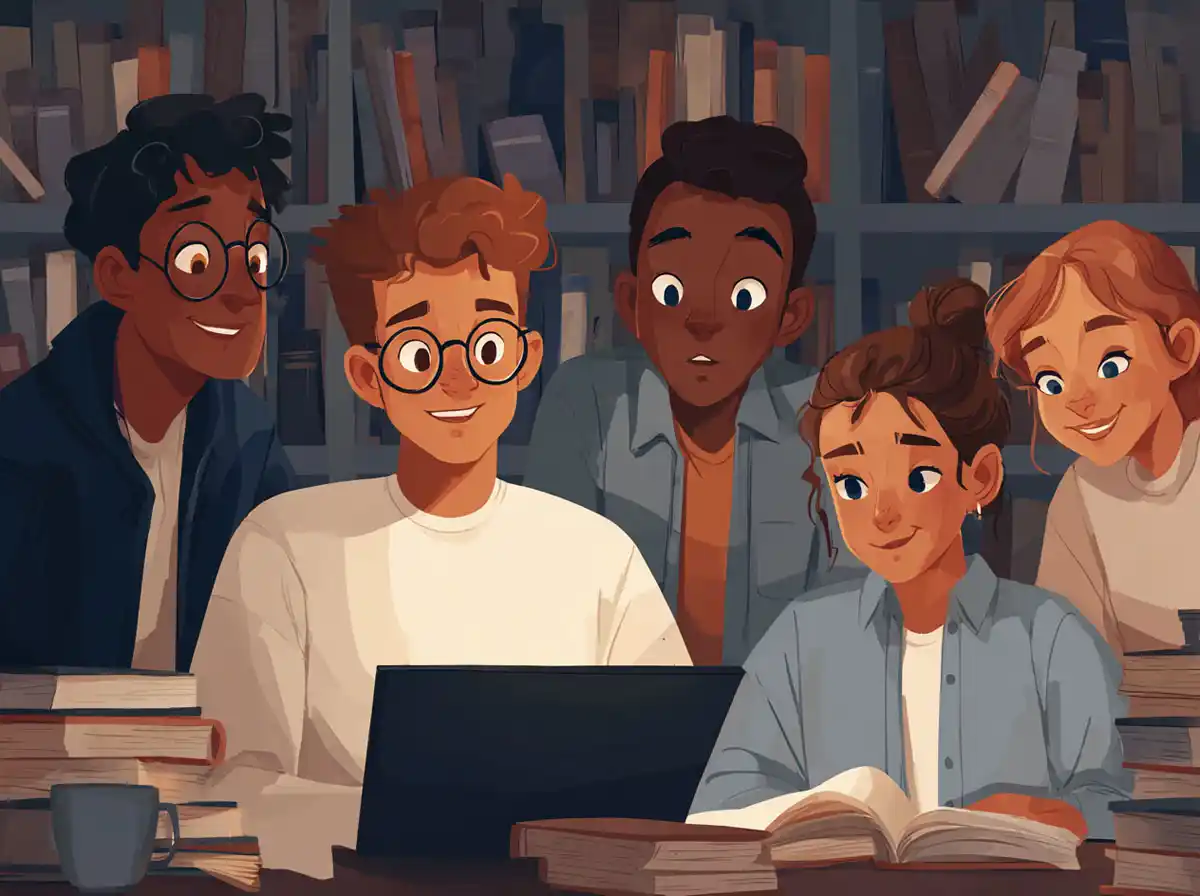Understanding Sarcasm in the Bulgarian Language
Sarcasm in Bulgarian, much like in other languages, is a form of verbal irony where the intended meaning is opposite to the literal words spoken. It is often used humorously or critically to highlight absurdity, express frustration, or playfully tease someone. However, sarcasm can be subtle and may require a good understanding of tone, context, and cultural references to be effective and appropriate.
- Cultural Sensitivity: Bulgarians appreciate wit but can be straightforward, so sarcastic remarks should be used carefully to avoid misunderstandings.
- Context Matters: Sarcasm is more common among friends or informal settings rather than formal or professional environments.
- Language Nuances: Bulgarian uses specific idiomatic expressions and intonations that make sarcasm recognizable.
Mastering sarcasm is not just about memorizing phrases but understanding these linguistic and cultural nuances.
Popular Sarcastic Comebacks in Bulgarian
Below are some common sarcastic expressions and comebacks used in Bulgarian, along with their literal translations and meanings.
1. “Браво, ти си гений!”
(Bravo, ti si geniy!)
- Literal Translation: “Bravo, you are a genius!”
- Usage: Used sarcastically when someone states something obvious or makes a silly mistake.
- Example: If someone forgets their keys for the third time, you might say: “Браво, ти си гений!”
2. “Ти винаги си прав.”
(Ti vinagi si prav.)
- Literal Translation: “You are always right.”
- Usage: Typically used sarcastically to point out someone’s stubbornness or refusal to admit fault.
- Example: When a friend refuses to see another viewpoint, this phrase can highlight the irony.
3. “О, колко умно!”
(O, kolko umno!)
- Literal Translation: “Oh, how smart!”
- Usage: Said sarcastically to mock an idea or statement that is foolish or naïve.
- Example: If someone suggests an obviously bad plan, this comeback fits perfectly.
4. “Много си точен!”
(Mnogo si tochen!)
- Literal Translation: “You are very accurate!”
- Usage: Used sarcastically to comment on someone’s inaccurate or exaggerated statement.
- Example: When a person exaggerates a story, this phrase can be employed humorously.
5. “Ама разбира се!”
(Ama razbira se!)
- Literal Translation: “But of course!”
- Usage: Sarcastic agreement when something is obviously untrue or exaggerated.
- Example: If someone claims they can do something impossible, this comeback delivers irony.
How to Use Sarcastic Comebacks Effectively in Bulgarian Conversations
Using sarcasm appropriately requires more than just knowing phrases. It demands awareness of timing, tone, and the social context. Here are some tips for learners:
1. Pay Attention to Tone and Facial Expressions
Bulgarian sarcasm is often accompanied by a specific intonation and facial cues such as a smirk or raised eyebrows. Mimicking these non-verbal signals can help convey the sarcastic tone more clearly.
2. Know Your Audience
Use sarcasm primarily with friends or individuals who understand your sense of humor. Avoid sarcastic remarks in formal, professional, or unfamiliar settings to prevent offense.
3. Combine Sarcasm with Humor
Bulgarian sarcasm is often playful rather than harsh. Incorporate humor to ensure your comebacks are received in good spirit.
4. Practice with Native Speakers
Engaging in conversations with native Bulgarian speakers, possibly through platforms like Talkpal, can help you learn the nuances and improve your timing.
5. Contextual Learning
Learn sarcastic phrases in the context of daily conversations, TV shows, movies, or social media to grasp their natural use.
Common Situations for Using Sarcastic Comebacks in Bulgarian
Sarcasm is often used in various social scenarios to lighten the mood, express frustration, or tease someone:
- Friendly Teasing: Among friends when joking about mistakes or quirks.
- Expressing Disbelief: When reacting to exaggerated or unbelievable statements.
- Highlighting Irony: To point out contradictions or absurd situations.
- Soft Criticism: To criticize indirectly without confrontation.
Why Learning Sarcastic Comebacks Enhances Your Bulgarian Skills
Understanding and using sarcasm in Bulgarian can significantly elevate your language proficiency:
- Improved Comprehension: Recognizing sarcastic remarks helps in understanding native speakers better.
- Cultural Insight: Sarcasm reflects cultural attitudes and humor, deepening your connection with the language.
- Enhanced Expressiveness: Using sarcastic comebacks adds variety and flair to your conversational skills.
- Better Social Integration: Mastery of sarcasm can help you build rapport and friendships with Bulgarians.
Using Talkpal to Master Sarcasm and More in Bulgarian
Talkpal is an excellent platform for language learners aiming to master not only the basics but also the subtleties like sarcasm. It connects learners with native speakers through voice and text chats, enabling real-time practice of tone, expressions, and cultural nuances. Features include:
- Interactive Conversations: Practice sarcastic comebacks in authentic dialogues.
- Feedback from Natives: Receive corrections and cultural tips.
- Varied Learning Materials: Access to idiomatic expressions and slang including sarcastic phrases.
- Flexible Learning: Learn at your own pace and convenience.
By incorporating Talkpal into your learning routine, you can quickly become adept at using sarcastic comebacks naturally and confidently.
Conclusion
Sarcastic comebacks are a fascinating and fun aspect of the Bulgarian language that enrich conversational skills and cultural understanding. With phrases like “Браво, ти си гений!” and “Ама разбира се!”, learners can add humor and wit to their interactions. However, mastering sarcasm involves grasping tone, context, and social cues, which platforms like Talkpal can help facilitate through immersive practice. Embracing sarcasm in Bulgarian not only makes learning more enjoyable but also brings you closer to sounding like a native speaker. Whether for playful banter or subtle critique, sarcastic comebacks are an invaluable tool in your Bulgarian language journey.










